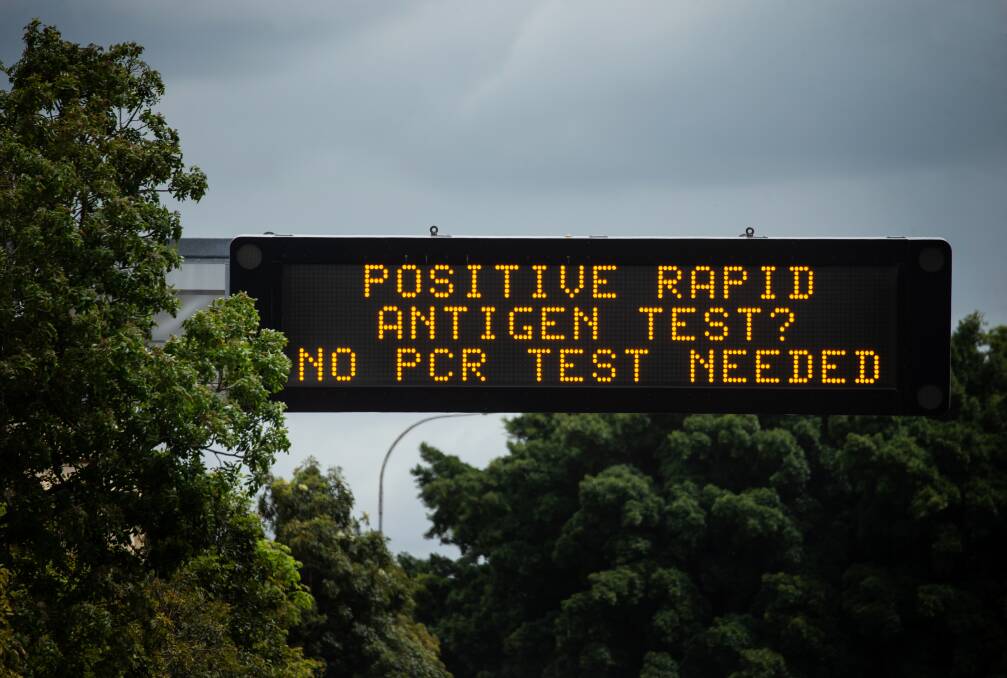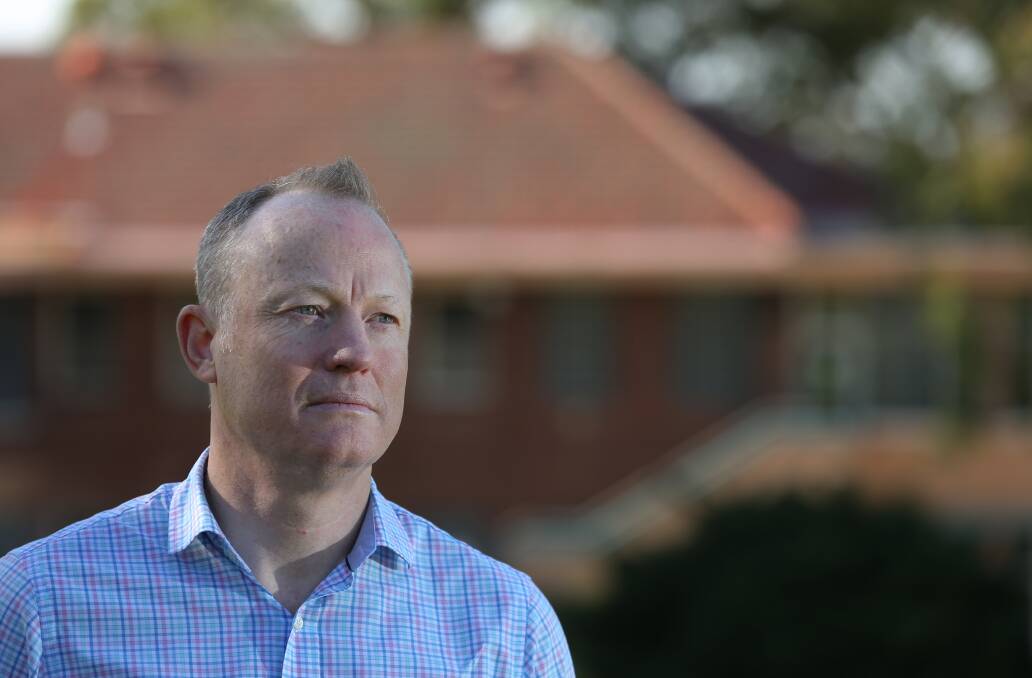
IN the two years since COVID-19 first arrived on our shores, Hunter residents have followed the public health directions to help "flatten the curve" and suppress the virus in order to ease the pressure on our hospitals and health staff.
We have isolated, and observed social distancing measures.
We have washed our hands more frequently, worn masks, learned to "check in" with QR codes, been tested, and gotten vaccinated.
As the state's health authorities learned more about the novel coronavirus, and its subsequent variants, some of these rules and guidelines were tweaked, stopped, or dropped. But it in the past five weeks, when the pressure of skyrocketing Omicron cases poked gaping holes in our PCR testing and contact tracing systems, it took a big toll on the workforce across a range of industries.
And so it happened that some of the rules and guidelines we have clung to for close to two years suddenly changed. Testing and isolation requirements changed. The definition of who is considered a "close contact" changed, and contract tracing changed. Hospitals are no longer necessarily separating patients with COVID into dedicated COVID wards.
The Hunter's COVID medical controller, Dr Paul Craven, said it might take a while for many people to adjust.
"For well over a year we tried to suppress the virus, and when we had sporadic outbreaks, we contact traced everybody at that stage," Dr Craven said. "Now that COVID has become more endemic in our population, we are doing things a little differently.
"Now we are just contact tracing high risk environments like aged care and disability."
Dr Craven said it was now the responsibility of an individual to alert their friends, family, colleagues and acquaintances they had tested positive to the virus, and to let them know if they may be a close contact.
"And that has changed as well - not everyone they have been in contact with is considered a close contact," Dr Craven said.
"By definition it is if you live in the same household, or have spent more than four hours or a protracted period socialising with someone inside, or you've been at a high risk venue."

Positive COVID cases and their close contacts are typically asked to isolate for about seven days, which has changed from earlier outbreaks where people quarantined for two weeks.
PCR and rapid antigen testing results are now relied upon to give health authorities a rough idea of the extent of outbreaks. Hunter New England Health no longer provides a daily breakdown of cases by local government area.
"There must be a lot more COVID that we aren't seeing at the moment," he said.
Our healthcare staff say they are "tired" and "fatigued", with a significant proportion of the workforce furloughed either through a close contact exposure to the virus, or having COVID-19 themselves. Nurses have told the Newcastle Herald they have been working double shifts. Some had been asked to defer or return early from their annual leave to ensure hospital patients continued to receive appropriate care.
"This is our first really big outbreak like this," Dr Craven said. "There are lots of people who are tired. Locally, Delta hit, and that had just started to drop off again when Omicron hit. We didn't really have any reprieve between Delta and Omicron.
"Lots of our society is affected this time. Our friends, our families, our workers - there are not too many people who haven't been touched by Omicron to some extent.
"But we do still need to maintain clinical services as well. We still have to care for patients at all times."
Dr Craven could not say how many Hunter hospital staff were currently furloughed due to COVID-19 as it changed "day to day".
"But we are seeing significant numbers of our staff members unable to come to work because they are either close contacts, or they have COVID themselves," he said. "At the beginning we had a big hit because we had lots of young people furloughed from those super spreader events in town. But we are still seeing significant numbers."
Health staff could return to work in some circumstances after five days if they had been a close contact, were asymptomatic, and had negative daily rapid tests.
"There is no denying that there are people off which puts pressure on the health care system," Dr Craven said. "It is still a very busy system, and we still see patients in hospital each day."
Hunter intensive care units were "busy" - and not just with COVID.
"When we had severe lockdowns in the past, we saw a lot less trauma and sickness because people weren't out and about as much, so ICU wasn't as busy," Dr Craven said. "But now people are still doing things and getting hurt or sick, and on top of that this time there is COVID. So it will be busier."
Hospitals and healthcare settings were no longer separating COVID-positive patients into separate wards although they were put into negative pressure rooms, negative flow rooms, or single rooms with doors shut where possible.
"When we first started, when we were in that period where we had smaller numbers, all COVID patients just went to one ward," he said. "But we have never had just a flu ward, or a ward specifically for certain illnesses. The problem now is that a lot of people are coming in for other conditions, and just happen to have COVID - a lot of them don't know they have it but because we are checking before we admit them with a rapid antigen test, and find them incidentally. They might come in with appendicitis, and then they are testing positive for COVID as well. So we do have patients on lots of wards at lots of our hospitals now where we are providing care for things like maternity, but we are still isolating those patients in the wards. We treat them for their problem, but we are aware they have COVID."







